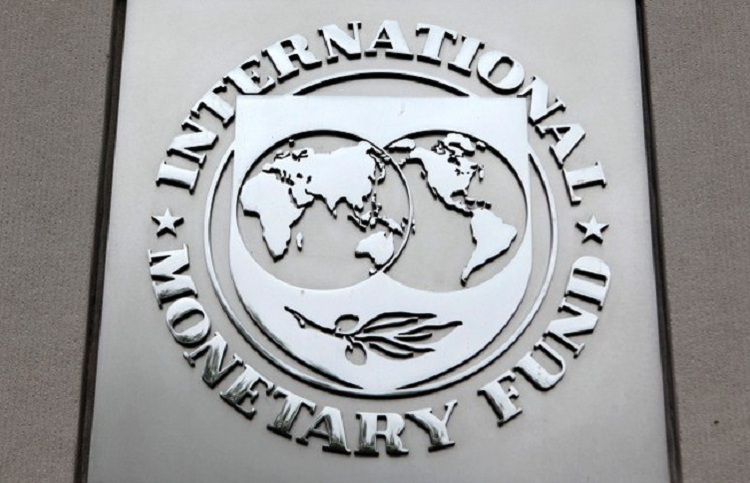The Diplomat
The Council of Ministers yesterday extended travel restrictions from Brazil and South Africa as part of the exceptional measures to limit the spread and spread of COVID-19.
This is the fifth extension of the Council of Ministers’ agreement of February 2, which established limitations on flights between Brazil and South Africa and Spanish airports to control the spread of the new variants of the virus from these two countries, according to the Ministries of Transport and Health in a joint press release.
According to the Government, “although it is true that the risk of importing cases from both countries can be reduced thanks to the sanitary control measures applicable on arrival in Spain, this does not prevent us from continuing to take extreme precautions in view of the potential spread of the Brazilian and South African variants of the virus”. “In any case, depending on the evolution of the pandemic and the decisions that may be adopted in a coordinated manner in the European Union, the Ministry of Health may lift, for justified reasons, these limitations”, it added.
The measure will come into effect from 00:00 hours on April 13 (peninsular time) until 00:00 hours on April 27 (peninsular time). From Brazil and South Africa, flights to Spain can only be made by Spanish or Andorran citizens, as well as residents of both countries or passengers in international transit to a non-Schengen country with a stopover of less than 24 hours without leaving the transit zone of the Spanish airport.
These restrictions do not affect the aeronautical personnel necessary to carry out air transport activities. In addition, other exemptions are contemplated regarding State aircraft flights, search and rescue services (SAR), flights with stopover in Spanish territory for non-commercial purposes and with final destination in another country, exclusive cargo flights, positional (ferry) and humanitarian, medical or emergency flights.
The agreement, according to the Executive, is in line with “the recommendations in the field of European coordination” and is in line “with the objective established by the World Health Organization’s Emergency Committee and by the European Centre for Disease Prevention and Control to interrupt the spread of the virus, adopting firm measures to detect the disease early, isolate and treat cases, follow up contacts and promote social distancing measures in accordance with the risk”.







